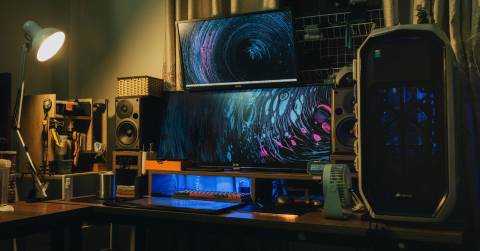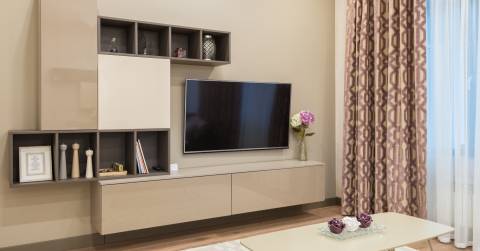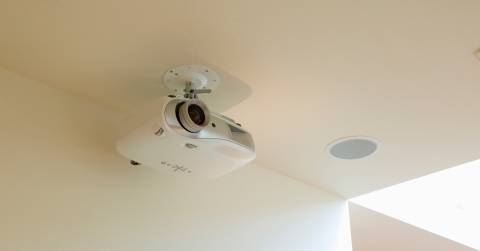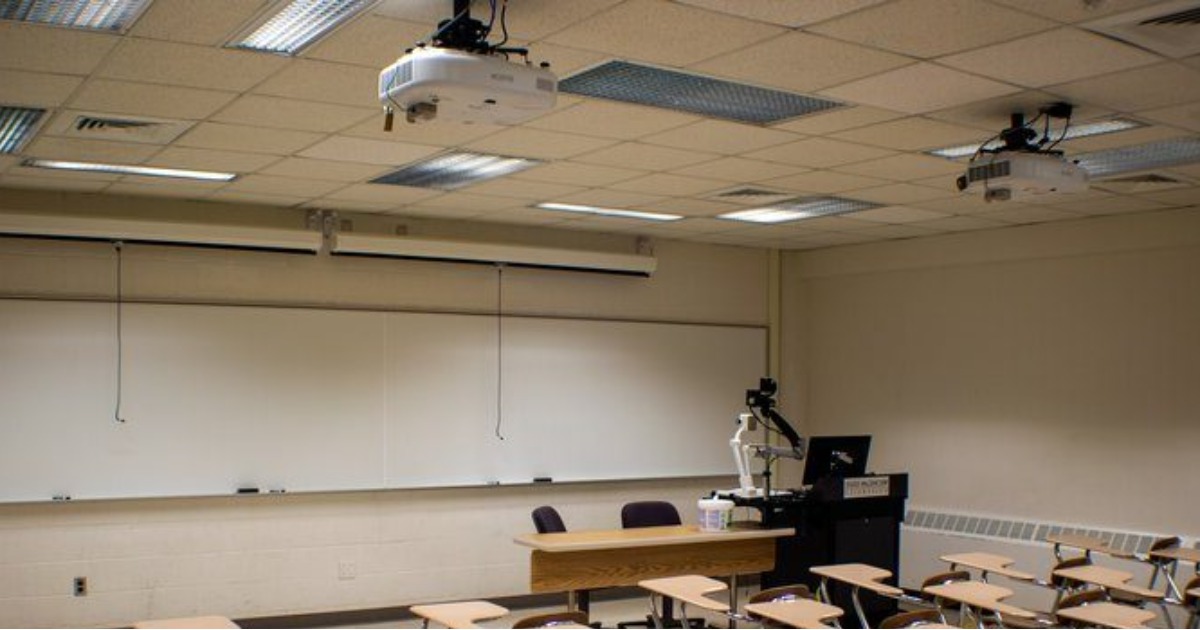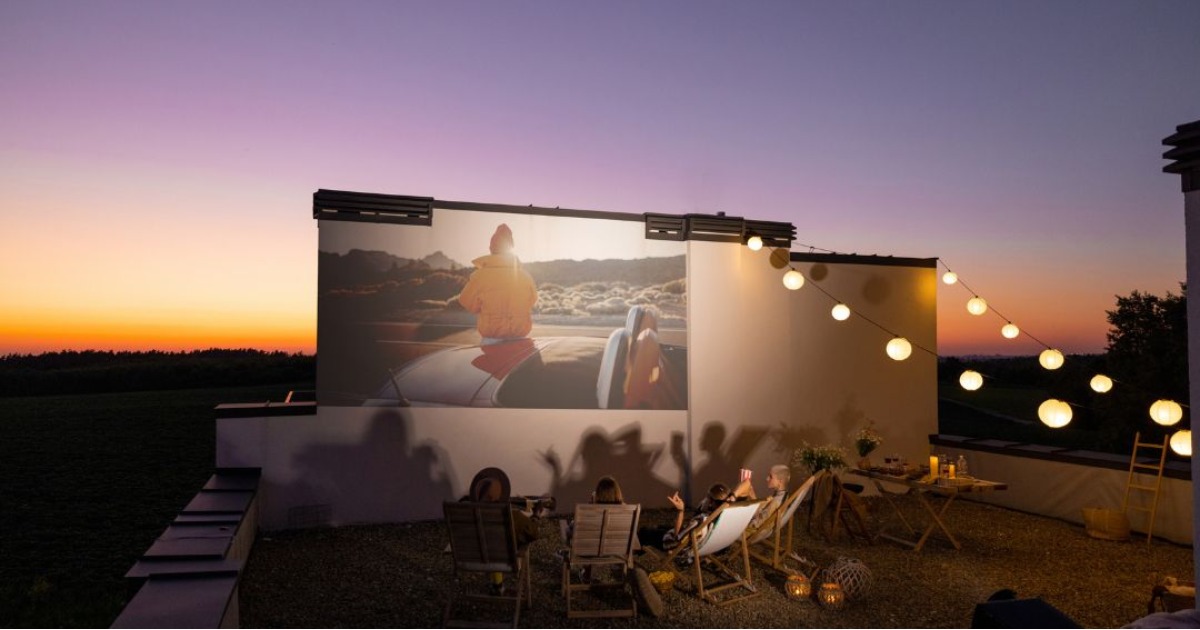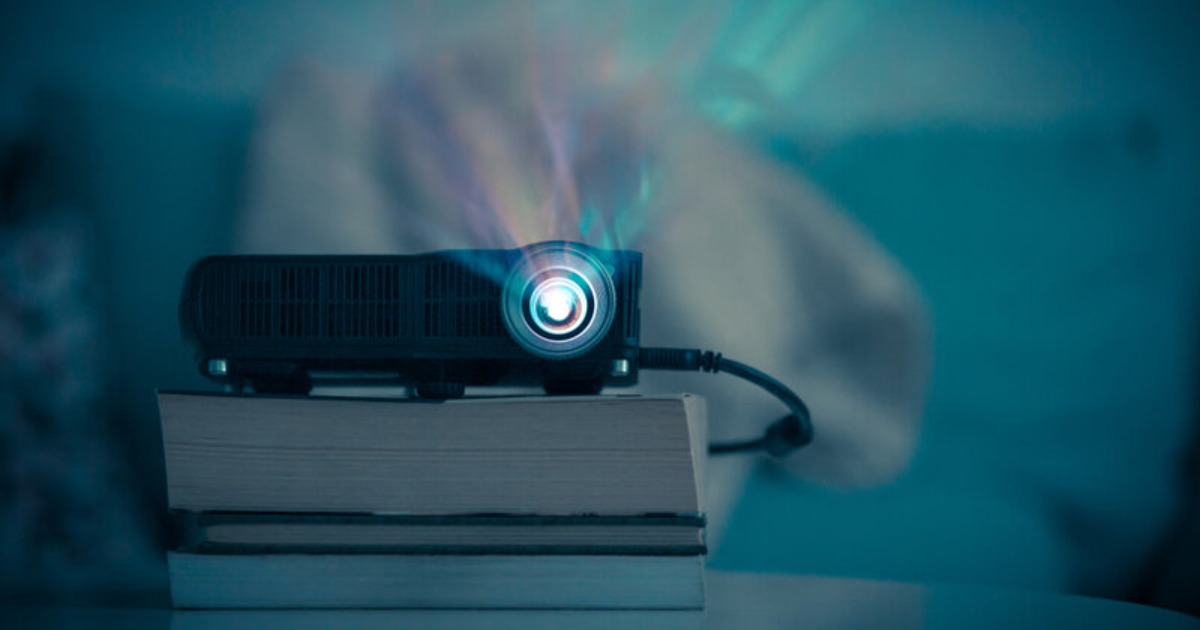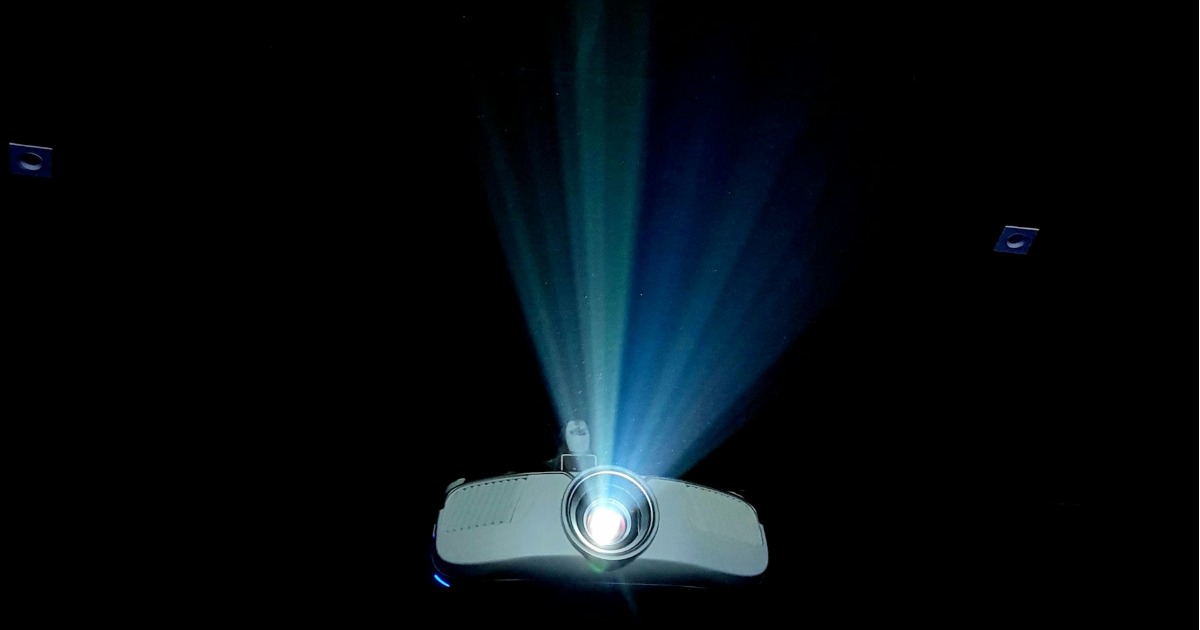The 8 Best Qhd Monitor For 2026, Tested And Researched
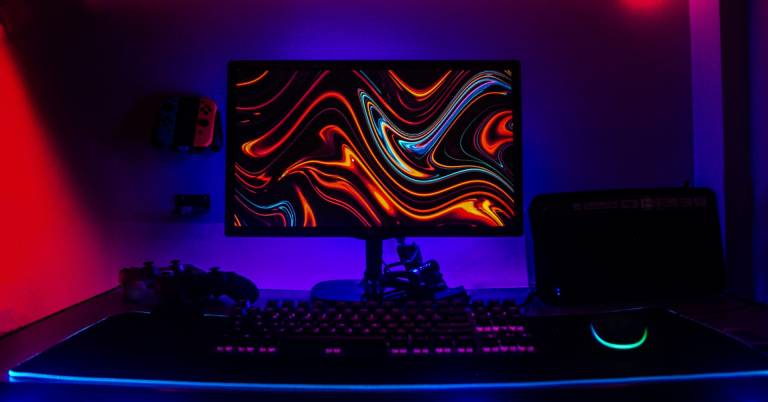
Summary
Dell G2725D Monitor
KTC 27 Inch Monitor
AOC CQ27G3Z 27" Curved Monitor
QHD monitors, often known as 1440p screens, achieve the ideal blend of high image clarity and seamless performance. They offer more detail than Full HD while being less demanding on hardware compared to 4K, making them a sweet spot for professionals, gamers, and everyday users alike.
When choosing the best QHD monitor, consider factors like refresh rate, color accuracy, panel type, and connectivity. Gamers may prefer higher refresh rates for smoother motion, while professionals working with photos or video editing might prioritize accurate colors and wide viewing angles. Ergonomic design and eye-care features also add to long-term comfort.
After comparing numerous models, our top recommendation is the Dell G2725D Monitor, which delivers excellent image quality and reliable performance. For gamers, the KTC 27 Inch Monitor is a strong second choice, offering fast refresh rates, accurate colors, and smooth motion that make it one of the best QHD monitors for immersive play. Read on below to see our full list of the best QHD monitors and find the one that fits your needs best.
Our Top Picks
Crisp QHD resolution with great detail 99% sRGB for rich, accurate colors 180Hz refresh rate AMD FreeSync
A bit heavy to move around
At first glance, the Dell G2725D impresses with its sharp QHD resolution (2560x1440), giving you more detail than standard Full HD. Whether you’re exploring open-world landscapes or spotting enemies in competitive matches, the 27-inch panel delivers clarity that feels immersive.
Color reproduction is equally strong, with 99% sRGB coverage that keeps virtual worlds vibrant and lifelike. But where this monitor truly flexes is in speed: a 180Hz refresh rate and 1ms response time combine to eliminate lag and motion blur, making every frame feel buttery-smooth. Paired with AMD FreeSync, screen tearing and stuttering become a thing of the past.
Even during long sessions, Dell hasn’t forgotten comfort. The TUV-certified low blue light technology helps reduce strain, so you can stay focused without feeling fatigued. One minor downside is that the monitor is a little on the heavier side, so moving it around frequently isn’t ideal. But once it’s set up, it delivers a near-flawless gaming experience.
Sharp QHD resolution with IPS clarity Smooth 100Hz refresh rate Wide 123% sRGB color gamut Frameless, sleek design
The power cord is a bit short
The 27-inch IPS panel with QHD resolution (2560x1440) sticks out right away. Whether you’re editing documents, binge-watching a series, or diving into a game, the image quality feels crisp and natural. The 100Hz refresh rate, paired with G-SYNC and FreeSync compatibility, makes scrolling, gaming, and multitasking noticeably smoother compared to standard 60Hz monitors.
With 123% sRGB coverage, 300 nits brightness, and a 1300:1 contrast ratio, visuals pop with vibrancy while still maintaining depth in shadows and highlights. For gamers, that means worlds look more alive. For professionals, it’s equally reliable for photo editing, design, or any color-sensitive work.
Design-wise, the monitor keeps things modern with a frameless, ultra-thin profile. It tilts from -5° to 15°, and with VESA mount support, it adapts easily to a wall or arm mount. To top it off, low blue light and flicker-free technology protect your eyes during long hours. The only drawback? The power cord is a bit short, so you may need an extension depending on your setup.
27-inch QHD resolution 1000R curved VA panel 0.5ms response time AMD FreeSync Premium
VRR flicker can be distracting at times
The first thing that hits you is the curve. At a 1000R radius, the screen feels like it wraps around your vision, pulling you into the game. Paired with the 27-inch QHD resolution, details look crisp and cinematic while still giving you plenty of room to see enemies creeping at the edge of your screen.
But immersion is nothing without speed, and that’s where the 240Hz refresh rate and 0.5ms response time shine. Every flick, shot, and fast-paced movement looks incredibly smooth with almost no ghosting. When you add AMD FreeSync Premium and AOC's Low Input Lag setting, the display feels quick and clear, even in the most hectic firefights.
Console gamers aren’t left behind either. With support for up to 120Hz frame rates and ultra-low latency, the CQ27G3Z gives PlayStation and Xbox players the kind of performance that feels closer to PC gaming. However, the VRR (variable refresh rate) flicker can sometimes be distracting, especially in certain frame ranges. It’s not a deal-breaker, but it’s something to note if you’re sensitive to visual artifacts.
1000R curved display Smooth, blur-free gameplay Vivid colors and deep contrast Samsung adds Eye Saver Mode
The screen’s slight forward tilt can be bothersome for some users
The Odyssey G55C’s QHD resolution immediately makes a difference. Textures are finer, environments feel more real, and you can see the small things, like the shine of water or the light on a weapon. This is because it has 1.7 times the pixel density of Full HD. At 32 inches, the size makes it feel more like a window than a monitor.
What takes immersion further is the 1000R curvature, wrapping tightly around your vision so you don’t just play, you inhabit the world. Paired with HDR10, colors pop with vibrancy, and shadows reveal details you might otherwise miss. Performance matches the spectacle: a 165Hz refresh rate keeps motion fluid, while the 1ms MPRT response time means blur is practically nonexistent during high-speed chases or firefights.
And since marathon sessions are inevitable with a monitor like this, Samsung adds Eye Saver Mode and flicker reduction to ease strain, keeping your focus sharp even in long raids or binge sessions. Nevertheless, the monitor tilts slightly forward at the top, which can feel awkward depending on your desk setup. It’s not a deal-breaker, but worth noting if you’re particular about ergonomics.
Crisp QHD IPS display 100Hz refresh rate Up to 99% sRGB coverage for vivid visuals 15W power delivery
The HDR function feels underwhelming and not very impactful
The 27-inch Quad HD IPS display is eye-catching because of its vivid colors and sharp details. The images stay crisp even when seen from a wider angle, which is fantastic for group projects or just watching a movie from across the room, all because of IPS technology. For motion handling, the 100Hz refresh rate and 5ms response time give you smoother scrolling, snappier animations, and more fluid gameplay than standard 60Hz monitors. It’s not a high-end gaming display, but it’s definitely a step up for everyday use and light gaming.
Color performance is boosted with HDR10 support and up to 99% sRGB coverage, making movies more vibrant and games pop with bold tones. The USB-C port with 15W power delivery makes it easy to connect and lightly charge laptops or external devices with just one cable. Add in Reader Mode for eye comfort, and you’ve got a monitor that’s easy on both the eyes and the workflow. Nonetheless, the HDR function doesn't seem to perform as well as we might have hoped. Although it's a nice addition, it's not the primary selling point of this monitor, and the monitor's great native color and contrast still make for a beautiful picture.
180Hz refresh rate Fast IPS technology ELMB SYNC USB-C hub supports video
Included DisplayPort cable may cause screen blackouts
For serious gamers and multitaskers alike, a monitor needs to deliver more than just a picture. It needs to provide a seamless, tear-free experience that keeps you fully immersed. The ASUS ROG Strix 27” monitor is built for exactly that. With a 27-inch 1440p HDR display and a blazing-fast 180Hz refresh rate, it’s a monitor designed to give you a competitive edge.
The real star is the Fast IPS panel, which ensures that colors remain accurate and visuals stay sharp, even when the action moves at lightning speed. With a 1ms response time (GTG), motion blur and ghosting are kept in check, so fast-moving targets remain crisp and easy to track.
Adding to the fluidity, ASUS’s Extreme Low Motion Blur Sync (ELMB SYNC) combines motion blur reduction with variable refresh rate, effectively eliminating both ghosting and tearing. This is a feature especially appreciated in shooters and esports titles, where clarity in movement directly translates into performance.
That said, not everything is perfect. The included DisplayPort cable can sometimes cause the screen to go black intermittently, something that might require swapping out the cable for a better-quality one.
180Hz refresh rate 1ms response time DCI-P3 95% coverage VESA DisplayHDR 400 certification
Colors can appear a bit blurry
This 27-inch QHD display hits the sweet spot for gamers who want more detail than Full HD but still care about smooth performance. With a 2560 x 1440 resolution, it gives you crisp textures and clearer in-game environments without pushing graphics cards as hard as 4K would.
The 180Hz refresh rate and 1ms response time (GtG) make this monitor a solid choice for fast-paced titles. Motion feels seamless, and quick reactions come naturally without the distraction of input lag or ghosting. For color and contrast, Alienware equipped this panel with DCI-P3 95% coverage and VESA DisplayHDR 400 certification, meaning visuals are more vibrant and cinematic compared to standard monitors. RPGs, racing games, and atmospheric adventures particularly benefit from this richer presentation.
Unfortunately, colors can sometimes appear a bit blurry compared to higher-tier panels, especially in HDR-heavy scenes. While it won’t ruin the experience, gamers who are very picky about sharp color rendering may notice it.
More To Consider
Modern frameless design Quad HD resolution 100Hz refresh rate with VRR for smooth motion Eye comfort features support long sessions
The screen surface is prone to scratches if not cleaned properly
When you set up the ViewSonic VS2725-2K, the first thing you notice is the frameless design. The thin bezels make the display feel larger and create a smooth flow when paired with another monitor. It has a clean and modern look that works well in both office and gaming setups.
The 27-inch Quad HD resolution delivers sharp images and plenty of screen space for multitasking. Whether you are working on documents, editing photos, or enjoying a game, the visuals remain crisp and detailed. With its 100Hz refresh rate and variable refresh rate support, motion feels smooth and responsive, giving you a more enjoyable experience in both fast-paced games and everyday use.
Furthermore, the flicker-free backlight and blue light filter help reduce eye fatigue during long hours in front of the screen. It feels reliable for late-night work or extended study sessions without discomfort building up. There is one drawback to keep in mind. The screen surface can scratch if not handled carefully, so it is best to clean it gently with the right cloth and avoid contact with hard objects.
What to Look For in a best qhd monitor?
Sometimes, purchasing a product can draw some difficulties for shoppers, and that's why you shouldn't waste your time on unreliable sources of information. A variety of variables impact the best qhd monitor, along with all of the ones listed below. The formative assessment varies depending on the types and functions of the product.
We will give you some purchase guides to help you with your selection proc in the following sectors. Continue reading to learn about what you should look for when looking for the best qhd monitor:
Connections
Aspect Ratio
Resolution
Refresh Rate
Panel Type
Screen Size
Response Time
Brightness
FAQs
What is a QHD monitor?
A QHD (Quad High Definition) monitor has a 2560 × 1440 resolution, often called 1440p. It offers sharper details than Full HD while being less demanding on graphics hardware than 4K.
Is a QHD monitor good for gaming?
Yes. QHD is considered the sweet spot for gamers, delivering crisp visuals and smooth frame rates without the heavy performance demands of 4K. High refresh rate QHD monitors are especially popular for competitive gaming.
Are QHD monitors better than 4K?
It depends on your needs. QHD monitors are easier on system resources and generally more affordable, while 4K offers sharper detail for creative work and media. Many users find QHD a perfect balance between clarity and performance.
Generally, new information is continuously included into of best qhd monitor. Visit our sites for revisions and improvements regularly.
You now have a far better knowledge of how to purchase the best qhd monitor on the market. Hopefully, we've supplied you with enough information to help you make an informed decision. We'll see you in the following article.













